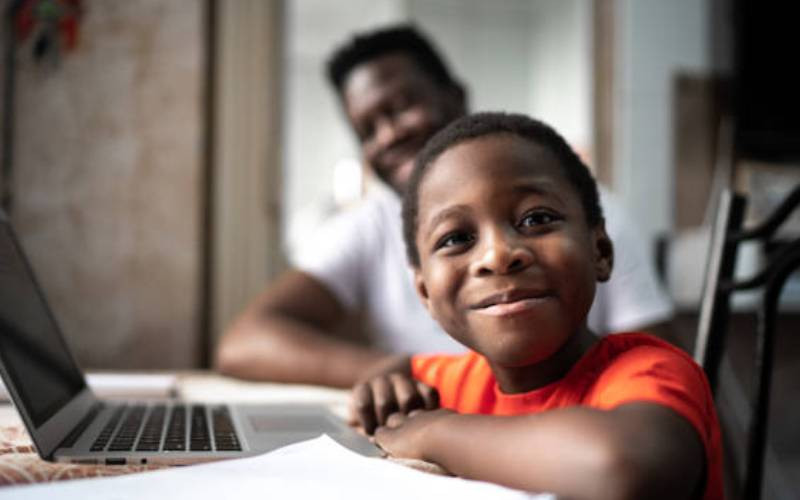×
The Standard e-Paper
Stay Informed, Even Offline

Artificial Intelligence (AI) is rapidly becoming an integral part of daily life globally, and children today will grow up in a world where AI-powered devices and applications are increasingly prevalent.
While this new tech has many benefits, it also poses dangers and it is essential for parents and teachers to help children navigate AI, understand its potential risks, and reap its benefits.